Clemente Lisi
As the calendar prepares to flip to March, the race to secure a spot in the NCAA men’s basketball tournament has intensified. With Selection Sunday scheduled for March 15 looming, schools across the country are jockeying for position — some fighting to improve their seeding, while others want to remain on the bubble hoping to be selected.
Romantasy is the literary genre that has become all the rage around the world. Combining imaginative scope of fantasy with the emotional intensity of romance, these books use love as a central narrative driver. At the same time, the setting provides a chance for world-building and supernatural elements that heighten the stakes of romance.
The Pew study measured diversity by dividing the global population into seven categories — Christians, Muslims, Hindus, Buddhists, Jews, followers of other religions and people with no religious affiliation — and assessing how evenly those groups are distributed within each country.
Catholic pro-democracy activist Jimmy Lai was sentenced on Monday to 20 years behind bars in one of the most prominent prosecutions under a China-imposed national security law that has reshaped Hong Kong’s political landscape.
Behind the medals and records, some Olympians say faith and spirituality play a meaningful role in how they train and compete. Faith can offer athletes a framework for resilience, especially in a world defined by so much pressure and scrutiny. This year’s Winter Games in Milan/Cortina will conclude on Feb. 22.
(ESSAY) In a world where reporters cover the Vatican more like a political state rather than a religious institution, John occupied a rare space, even rarer these days. The longtime Rome correspondent explained things — both fairly and with plenty of context — to a world largely unfamiliar with how the Vatican works.
Catholic affiliation is declining across much of Latin America, while the number of religiously unaffiliated adults is rising sharply, according to a new Pew Research Center survey. Despite these shifts, belief in God, prayer and the personal importance of religion remain widespread throughout the region.
El dominio histórico de la Iglesia católica en América Latina continúa debilitándose, incluso cuando la mayoría de las personas en la región sigue siendo profundamente religiosa, según nuevos datos de encuestas del Pew Research Center.
(ANALYSIS) Iran’s leaders warned the United States and Israel of retaliation as nationwide protests challenged the Islamic Republic’s theocracy. Facing mounting deaths and unrest, Iranian officials framed dissent as foreign-backed chaos, tightened repression and escalated external threats, revealing a regime prioritizing clerical survival over popular consent.
(REVIEW) “The Gridiron Gospel” is a wonderful addition to the study of religion and sport. It focuses on schools like Notre Dame, BYU and Liberty University. Historian Hunter M. Hampton convincingly shows that college football was not just shaped by faith, but actively helped form how millions of Americans understood Christianity throughout the twentieth century.
(ANALYSIS) Pope Leo XIV used an annual address to Vatican diplomats to warn that global politics had shifted toward militarism and force. Without naming any political leaders, he criticized war, erosion of international law and weakened human rights, positioning the Holy See as a moral counterweight to rising geopolitical tensions in many places around the world.
Did a touch of the divine play a key role in the Pittsburgh Steelers’ dramatic AFC North title clincher? Steelers fans — especially if you’re Catholic — certainly believe so. Father Maximilian Maxwell sprinkled holy water in one end zone — the same one where Baltimore Ravens kicker Tyler Loop missed as time ran out.
Pope Leo XIV urged respect for Venezuela’s sovereignty and human rights on Sunday, saying he had been following events of the last two days with deep concern after the U.S. ousted dictator Nicolas Maduro. The pope called for peace and justice, while Venezuelan bishops expressed solidarity with victims and prayed for national unity.
(ANALYSIS) The hit Netflix series “Stranger Things” has consistently woven religious symbolism into its supernatural horror storytelling. Nowhere is this more striking than in the way the villain Vecna functions as a dark, inverted reflection of Jesus — especially in the show’s fifth and final season.
(ANALYSIS) With 2025 now behind us, it was a year filled with significant developments in religion, faith and spirituality — and 2026 is likely to be just as eventful. Here are five key religion-related issues and trends to watch for over the next 12 months in the U.S. and throughout the world.
(ANALYSIS) For the first time since 2022, a giant Christmas tree glows over Bethlehem. Its red, green and yellow lights shimmer above Manger Square, casting warm light on the West Bank city. As thousands flood the area this time of year, the scene looks like a return to normality. The last time Bethlehem held a public Christmas celebration was before the 10/7 attacks.
The most-striking element of the London event was knowing that faith remains a big part of some players’ lives: Arsenal players praying together, Crystal Palace’s Bible study groups and the rise of social media accounts like “BallersinGod” suggest a generational shift. Younger players are more willing to publicly integrate belief into their lives.
(ANALYSIS) Employees at large retail chains were instructed to avoid “Merry Christmas,” a greeting now deemed too specific and too religious. What emerged was designed to include everyone by addressing no one, to give a greeting that was universal because it had been smoothed of meaning. “Happy Holidays,” once an innocuous phrase, became a symbol in a newly branded American cultural war.
(ANALYSIS) In a move that underscores the priorities of the Catholic Church in the U.S., Pope Leo XIV replaced Cardinal Timothy Dolan as Archbishop of New York, appointing Bishop Ronald Hicks to lead the nation’s second-largest diocese. The announcement represents both a generational and ideological shift at the helm of a historically influential U.S. archdiocese.
(REVIEW) What does it mean when we finds moral clarity from not just punishing criminals, but making it a spectacle? When the most reviled offenders are exposed and humiliated in public view, few feel compelled to object. After all, who would defend a child sex predator? All this is examined in a new must-see Paramount+ documentary.
A new report released on Monday revealed that majority of Americans continue to identify with the religion in which they were raised — but more than one-third have departed from their childhood faith. The findings — put together by the Pew Research Center — draw on two major surveys.
After decades of falling religious affiliation and participation, key measures of religiousness in the United States have leveled off in recent years — although no revival has been detected among young people. The findings from the Pew Research Center suggest that a period of relative stability — first observed around 2020 — has continued five years after the pandemic.
What you choose to read matters. Only together can we can combat misinformation and uplift reporting that informs rather than inflames.
In just under seven months, the new pontiff has curated a jersey collection worthy of a sports museum or a Windy City man cave. Each of these jerseys, often delivered by dignitaries or guests from the U.S., reveals something about Leo XIV’s identity as both a clergyman and a fan.
The hit series “Stranger Things” has become one of the biggest shows ever streamed on Netflix. The series, featuring a nostalgic mix of 1980s pop culture, government conspiracies and creatures from another dimension, have captivated millions. “Stranger Things” is not a religious series, but reminds viewers faith can take many forms.
(ANALYSIS) Elected on Tuesday during the bishops’ fall meeting in Baltimore on the third ballot, Coakley, who turned 70 this past May, succeeds Archbishop Timothy Broglio, promising a leadership style that balances moral conviction with pastoral sensitivity in a time of deep political and cultural polarization.
As we enter the final two months of the year, I want to take a moment to thank you — for reading, for sharing and for supporting our work.
The World Council of Churches’ Faith and Order Conference, held in Egypt to mark the 1,700th anniversary of the Council of Nicaea, brought together a wide range of Christian leaders over five days in search of renewed unity. Yet, as inspiring as the goal may have been, the path toward visible Christian unity remains fraught with challenges — theological, historical, cultural and even practical.
For quarterback Justin Fields, Sunday’s win was about more than football. It was a testament to perseverance, faith and the belief that every struggle serves a greater purpose. Whether this marks a turning point for the New York Jets remains to be seen. For Fields, the win affirmed something deeper.







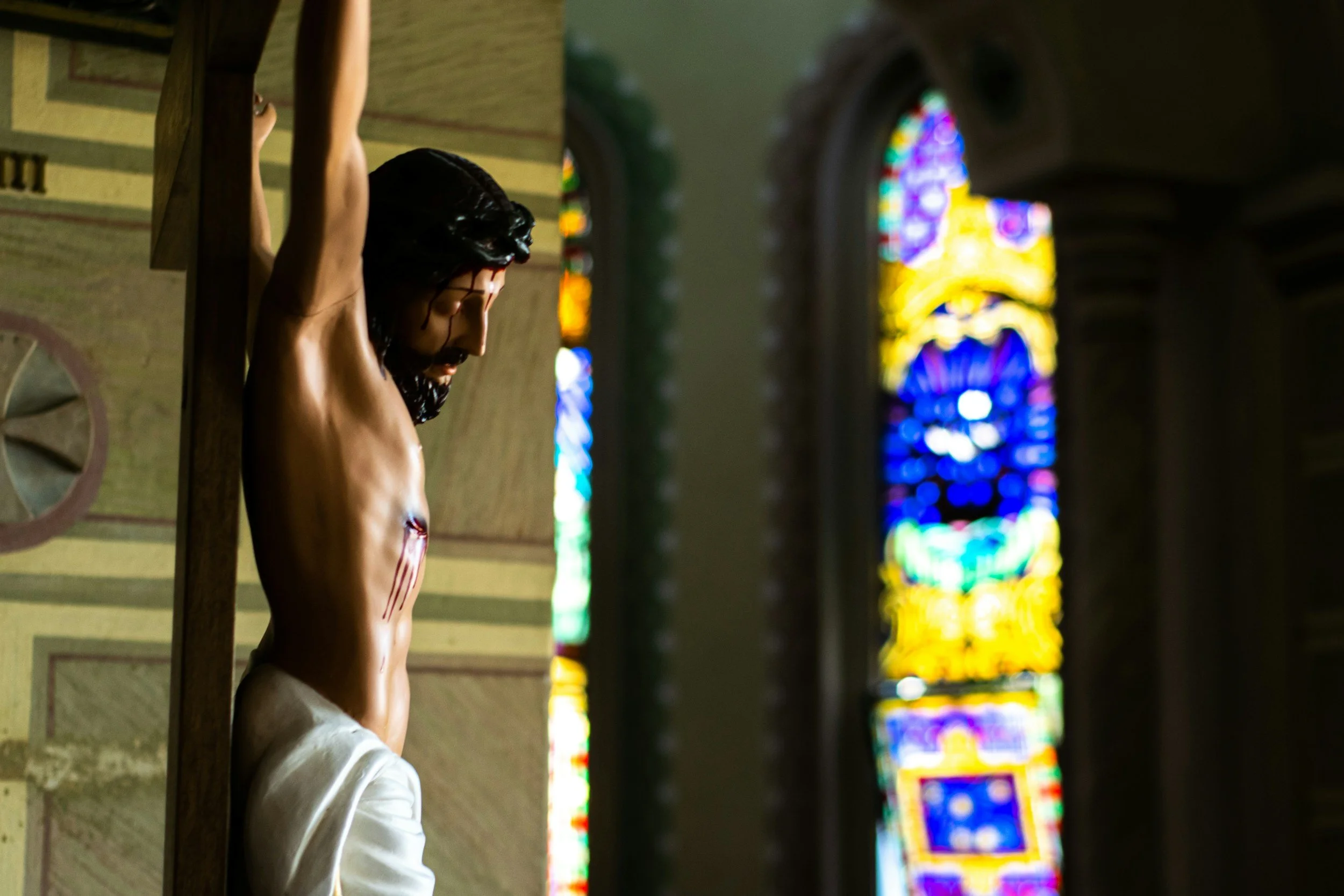
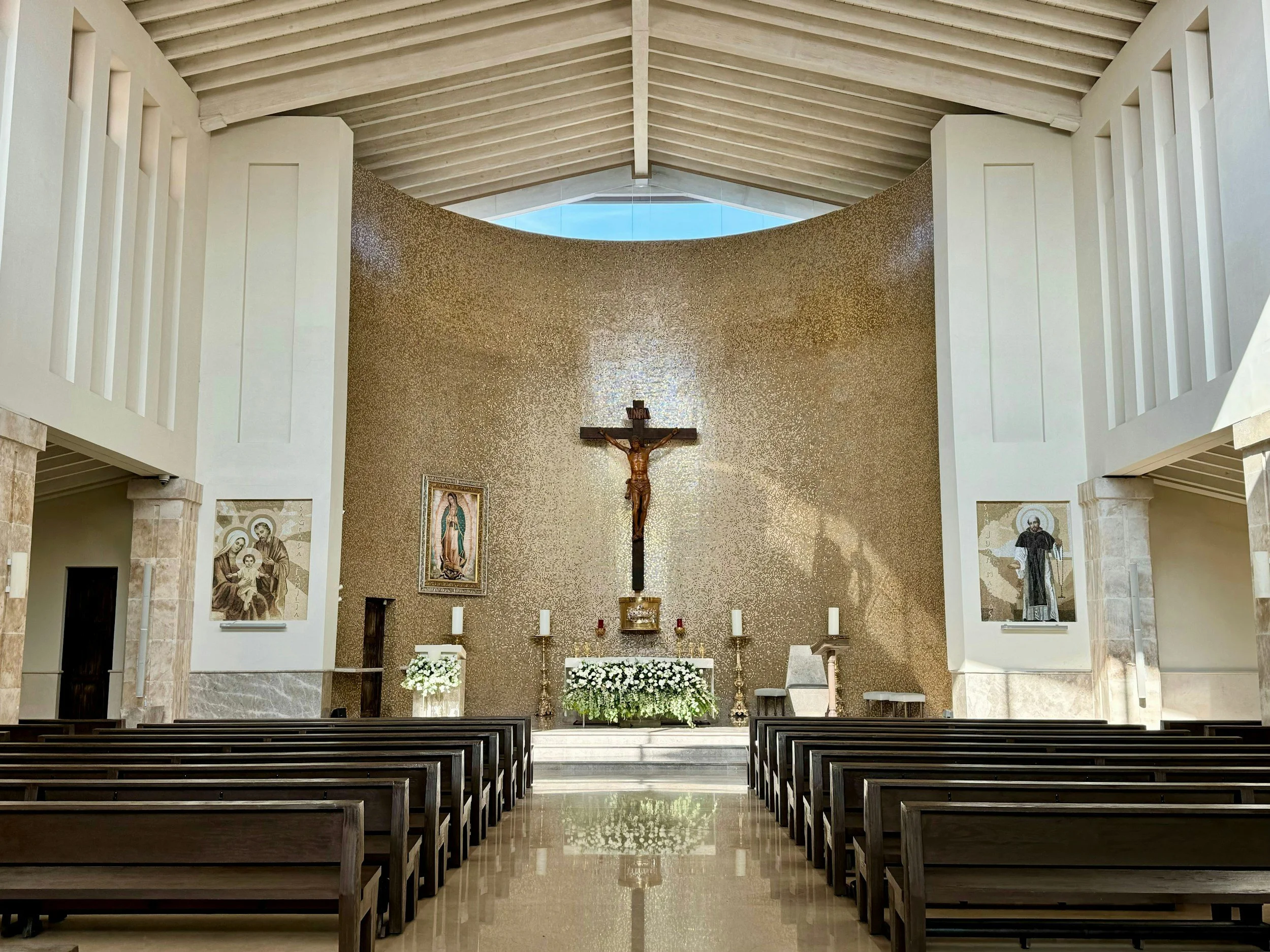
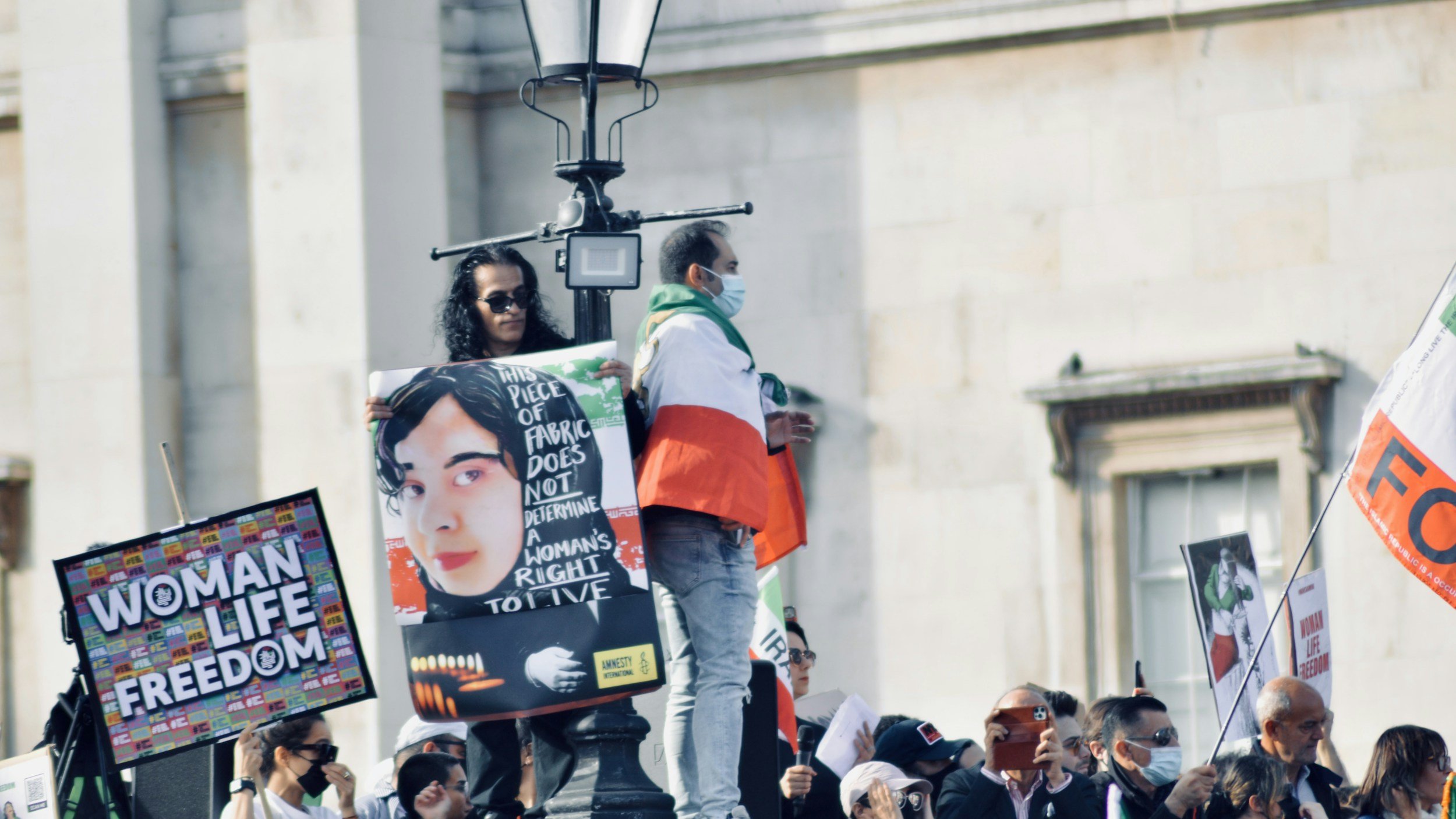
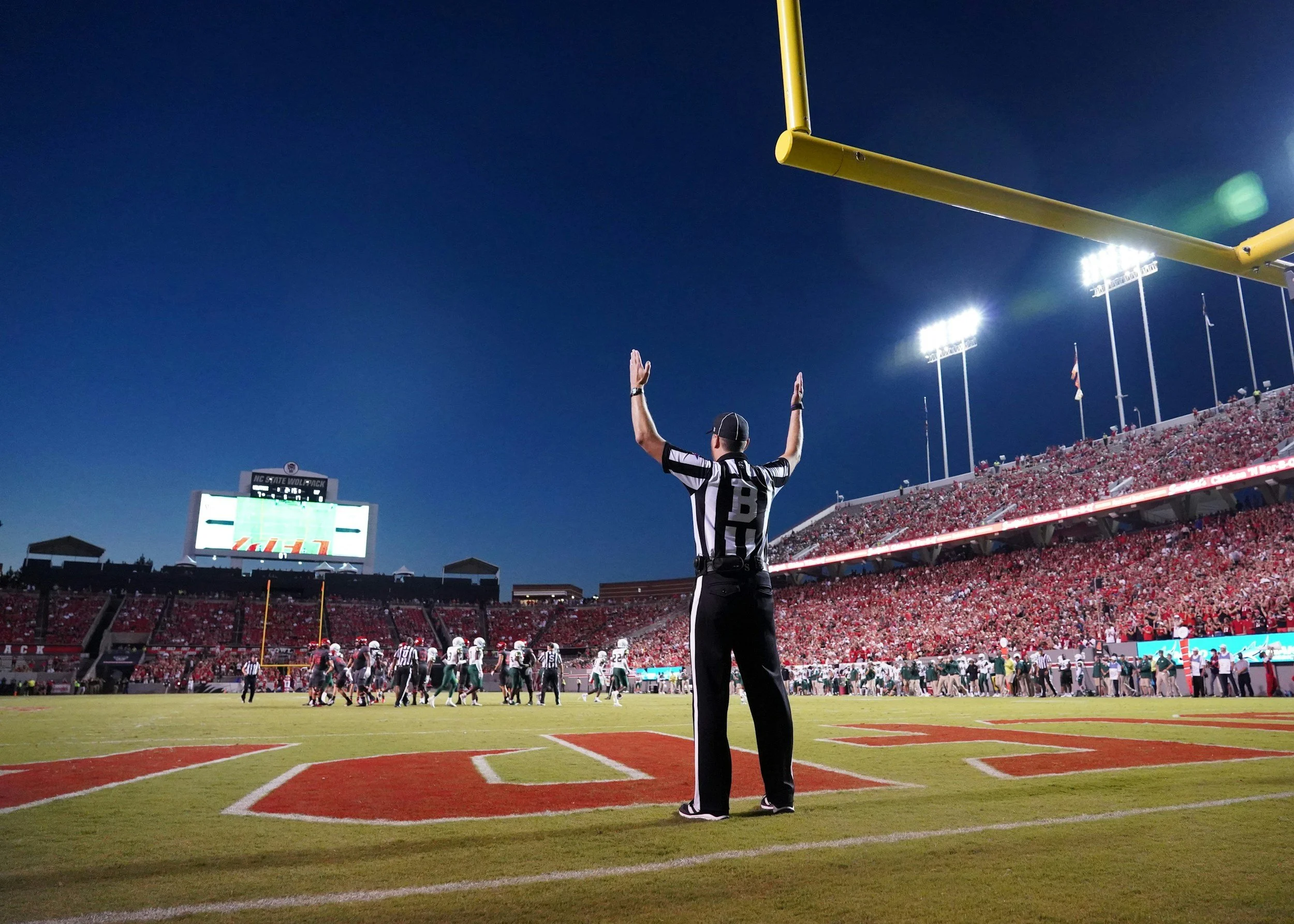
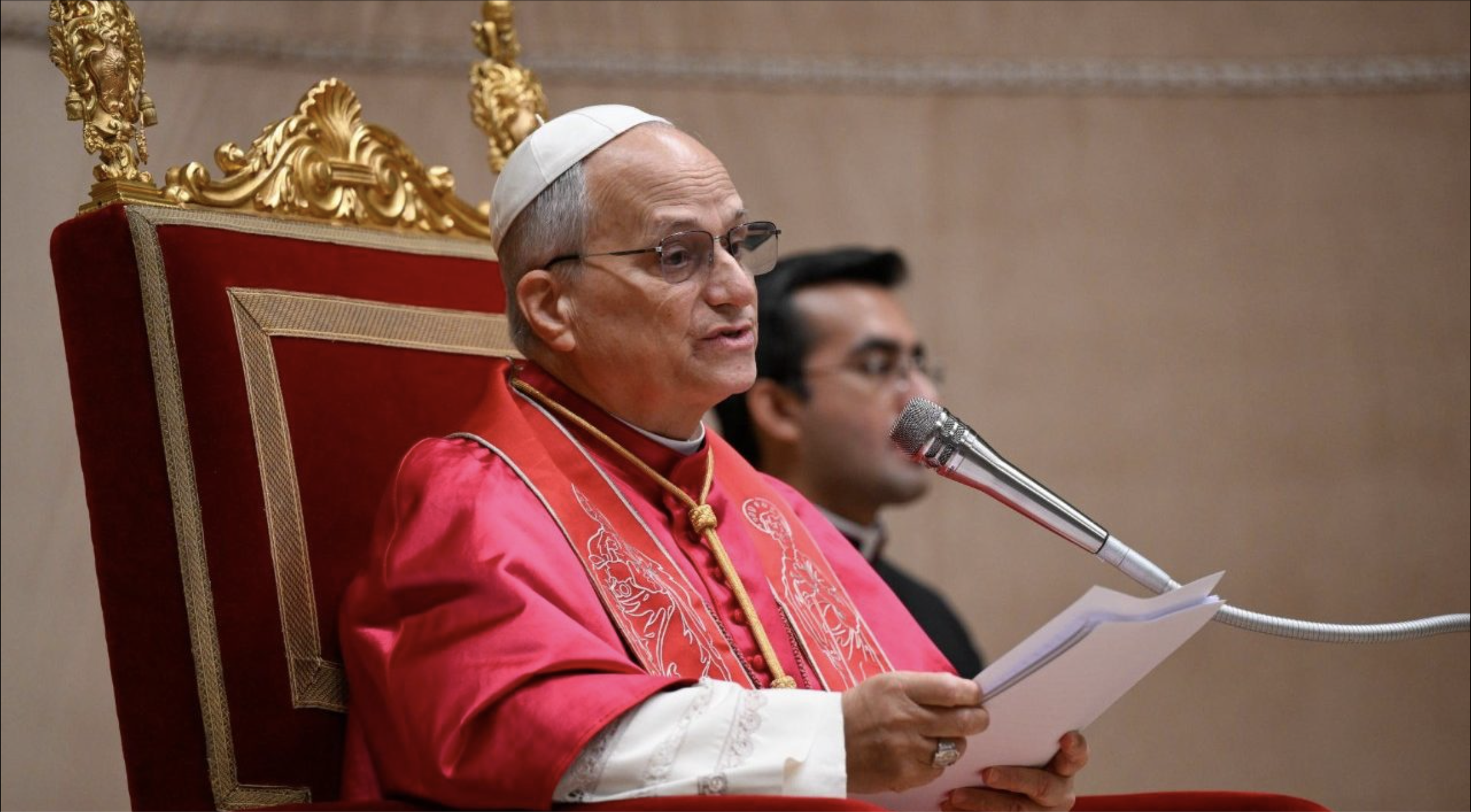
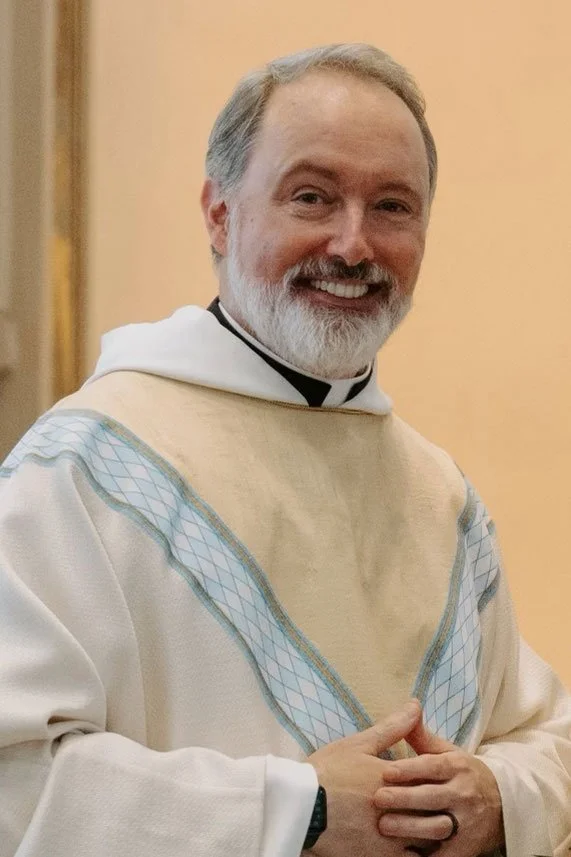
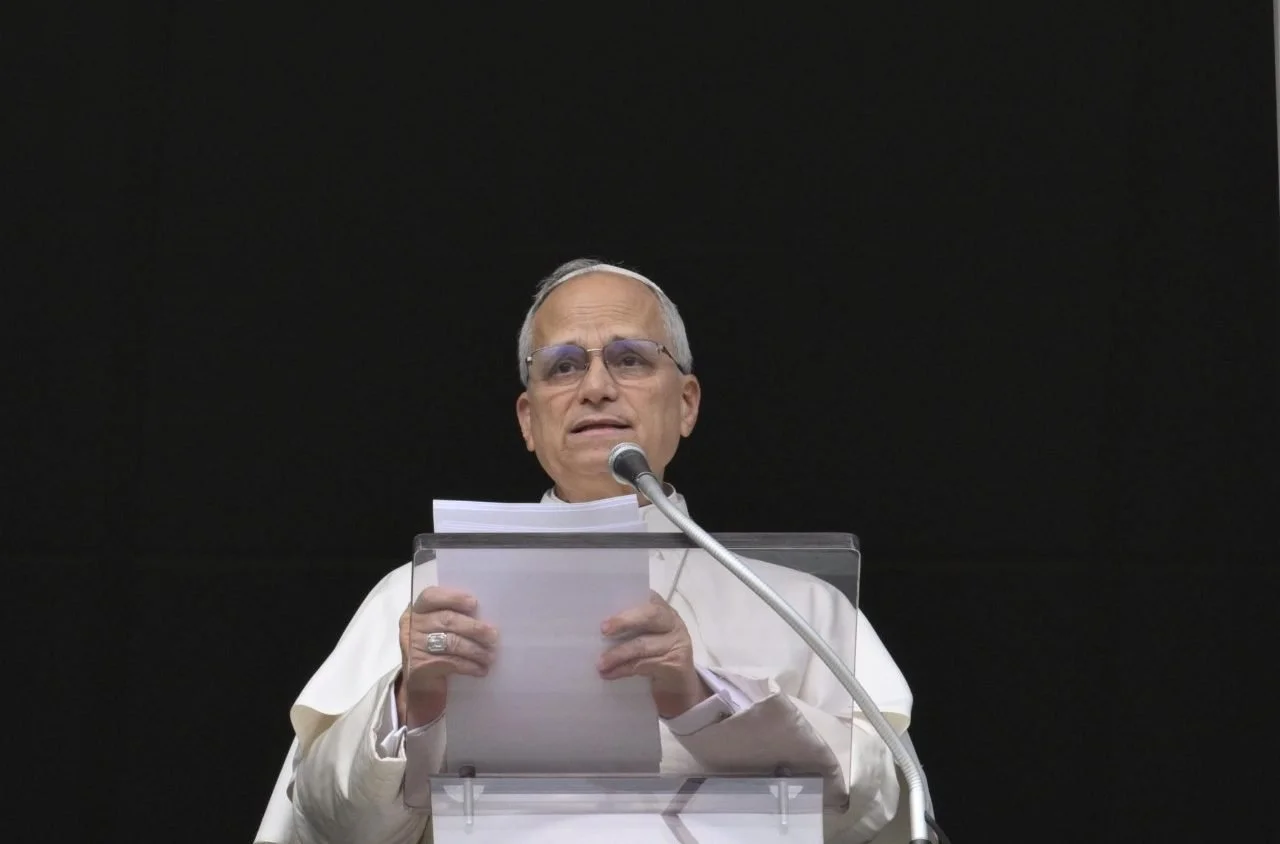


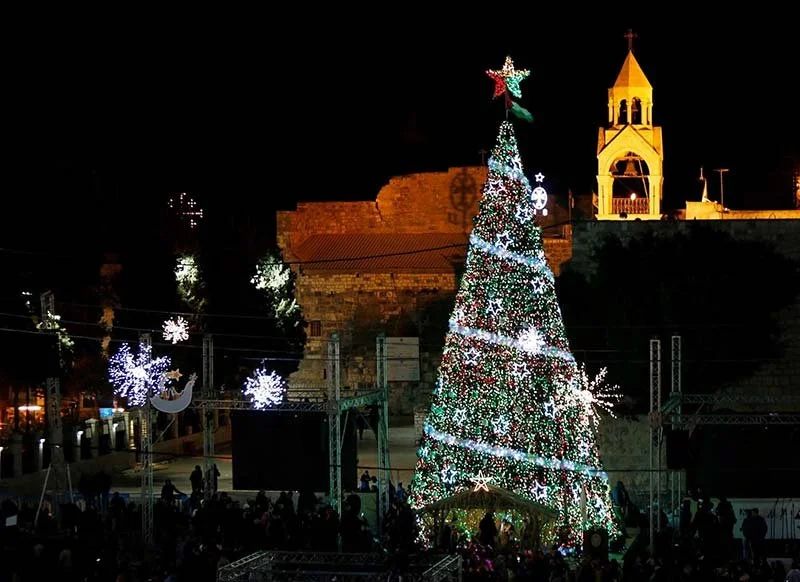

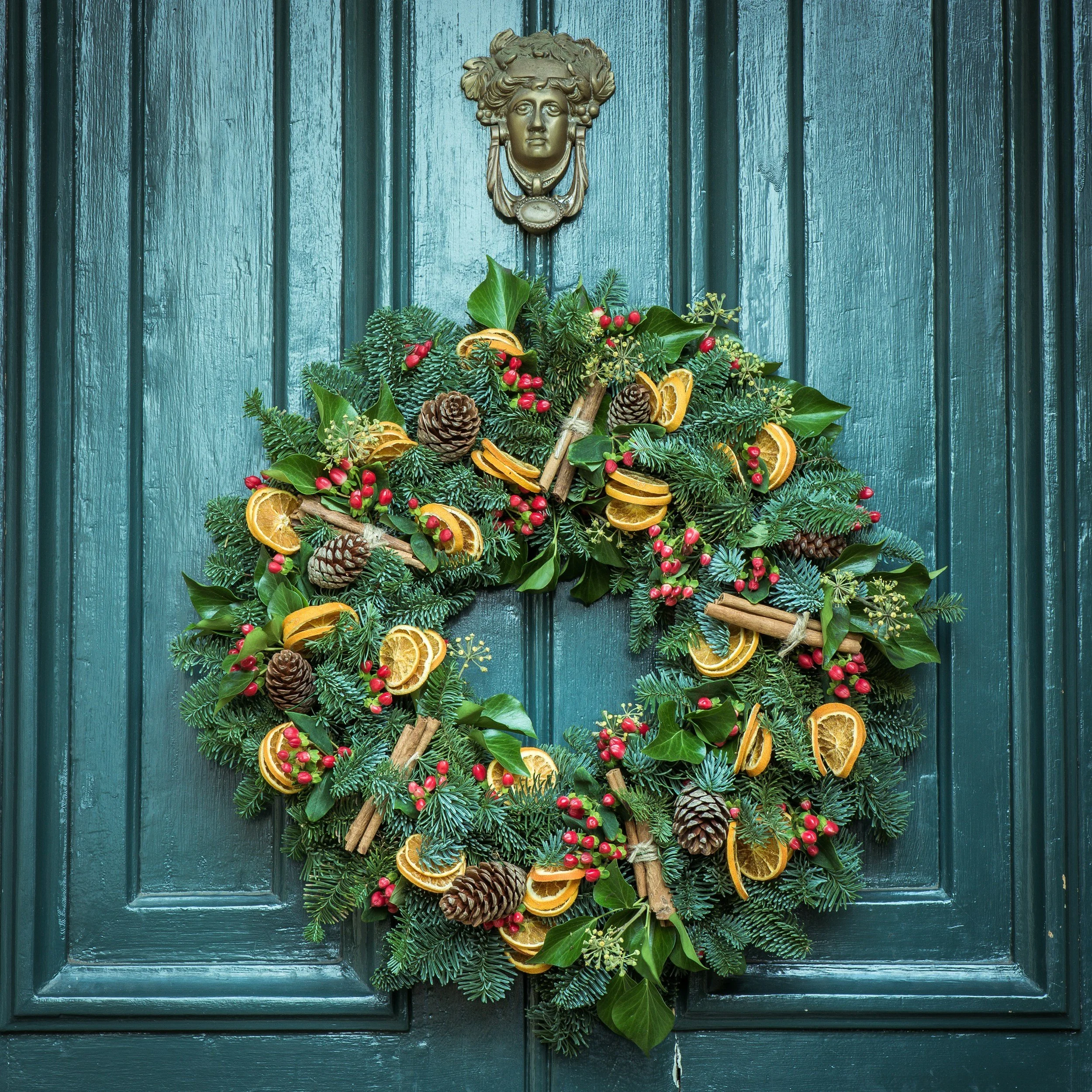
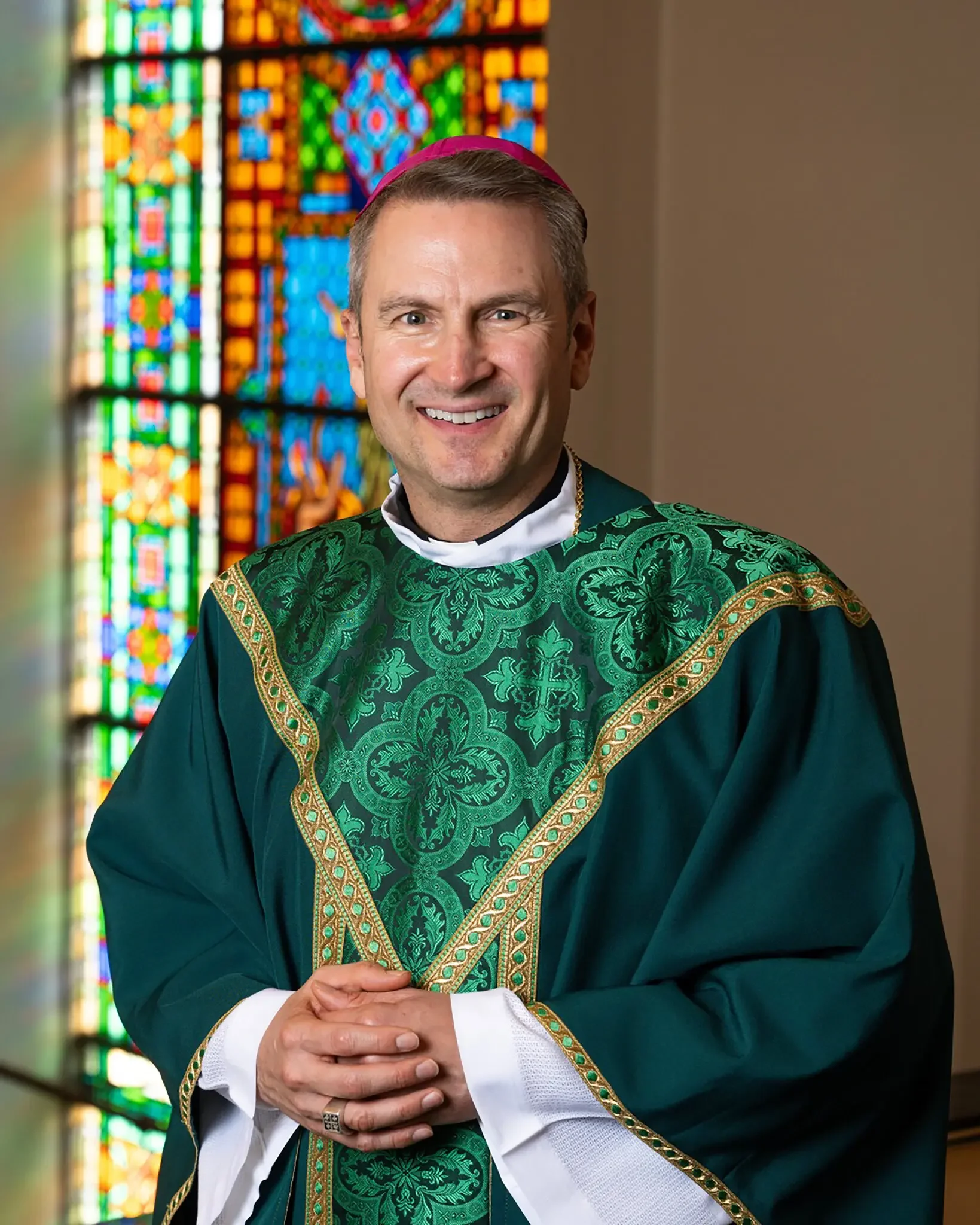
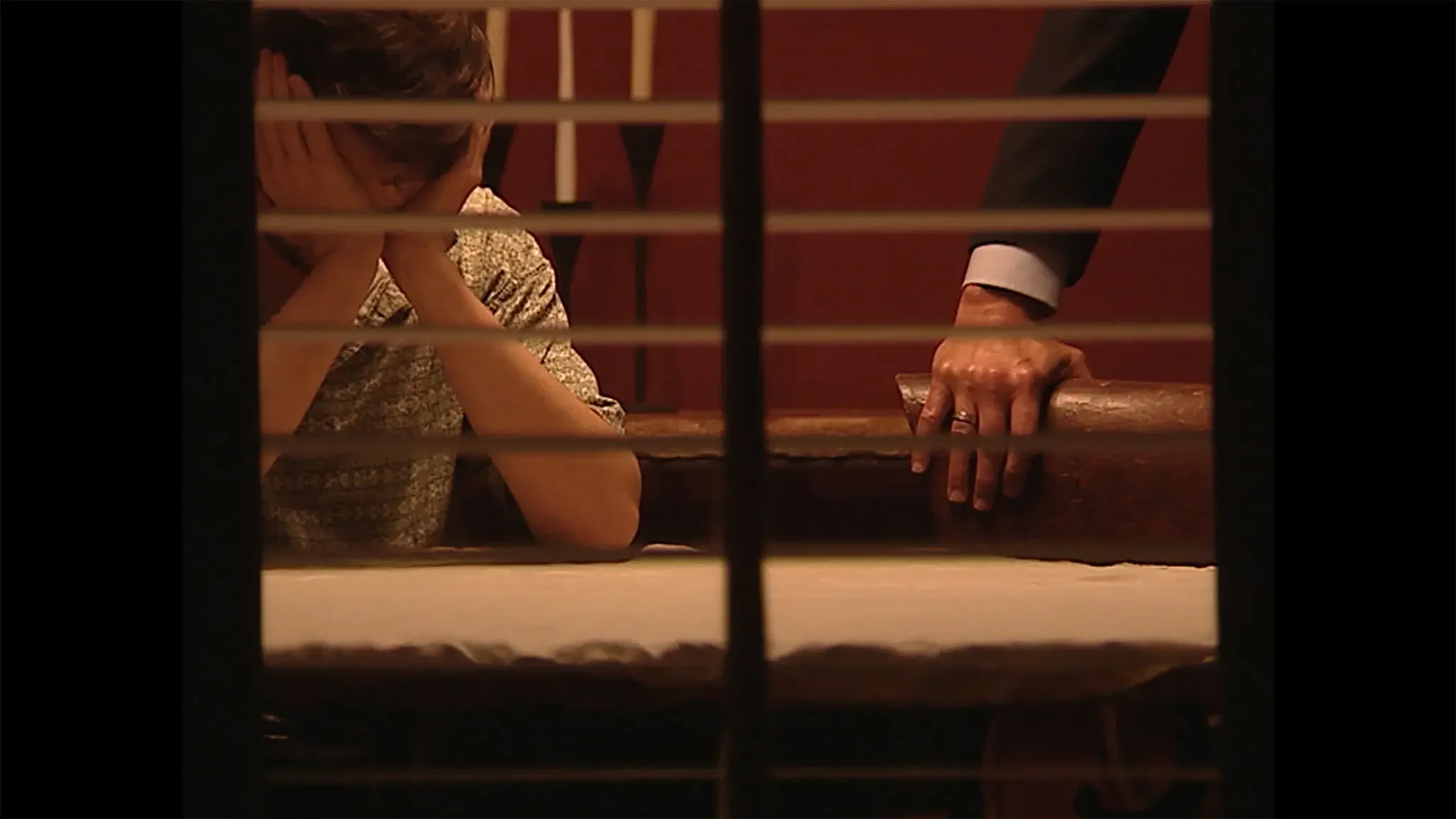



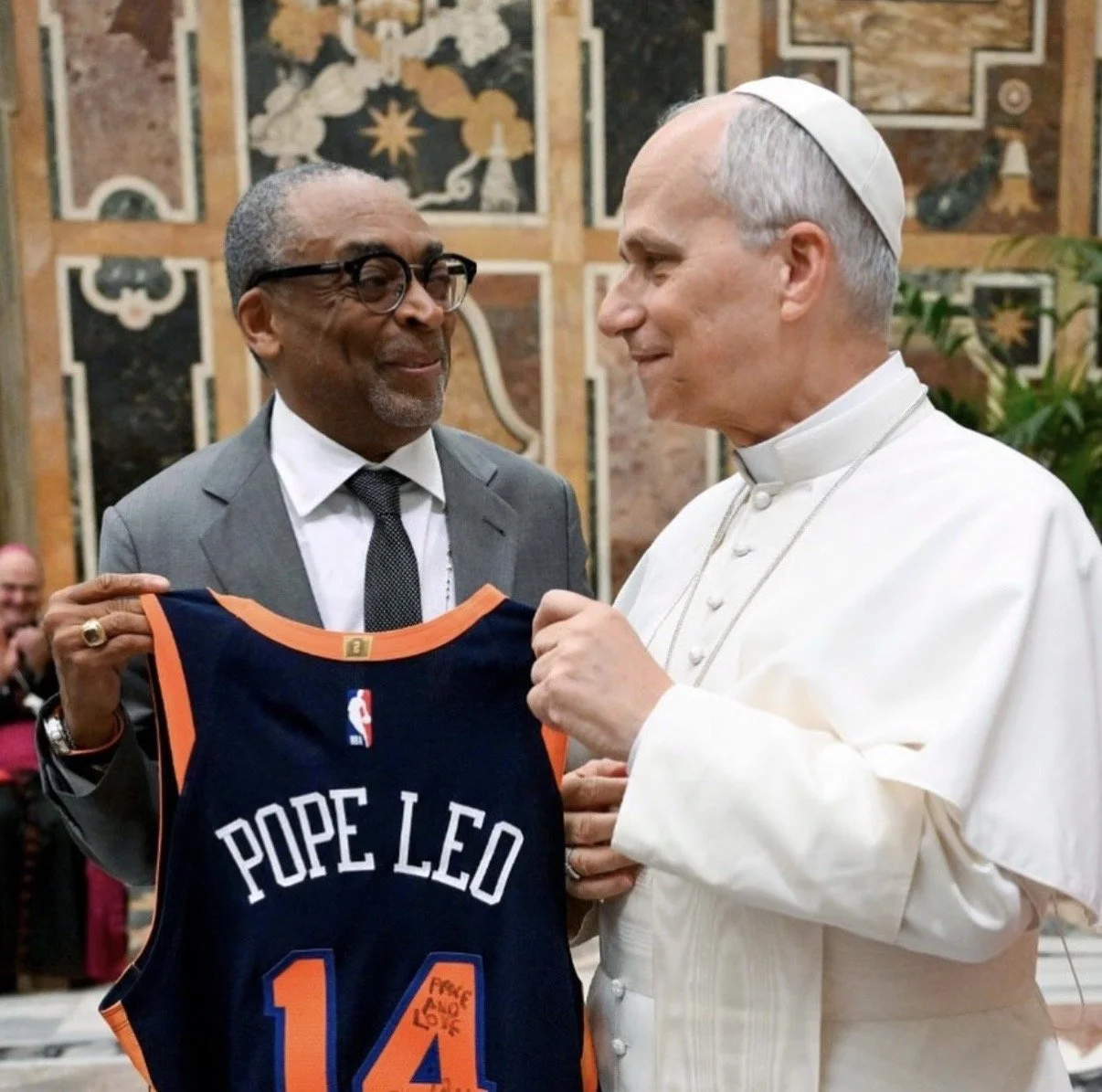

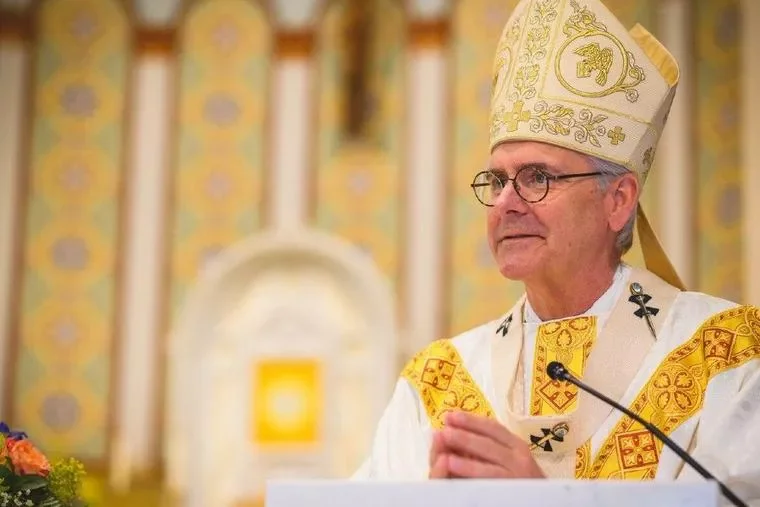



(ANALYSIS) Imagine a world where crimes are stopped before they even take place. Science fiction has imagined this world, most famously in the 2002 film “Minority Report,” where society can predict criminal acts and allow authorities to intervene in advance. Thanks to AI, this dystopian reality could be coming to your neighborhood in the not-so-distant future.